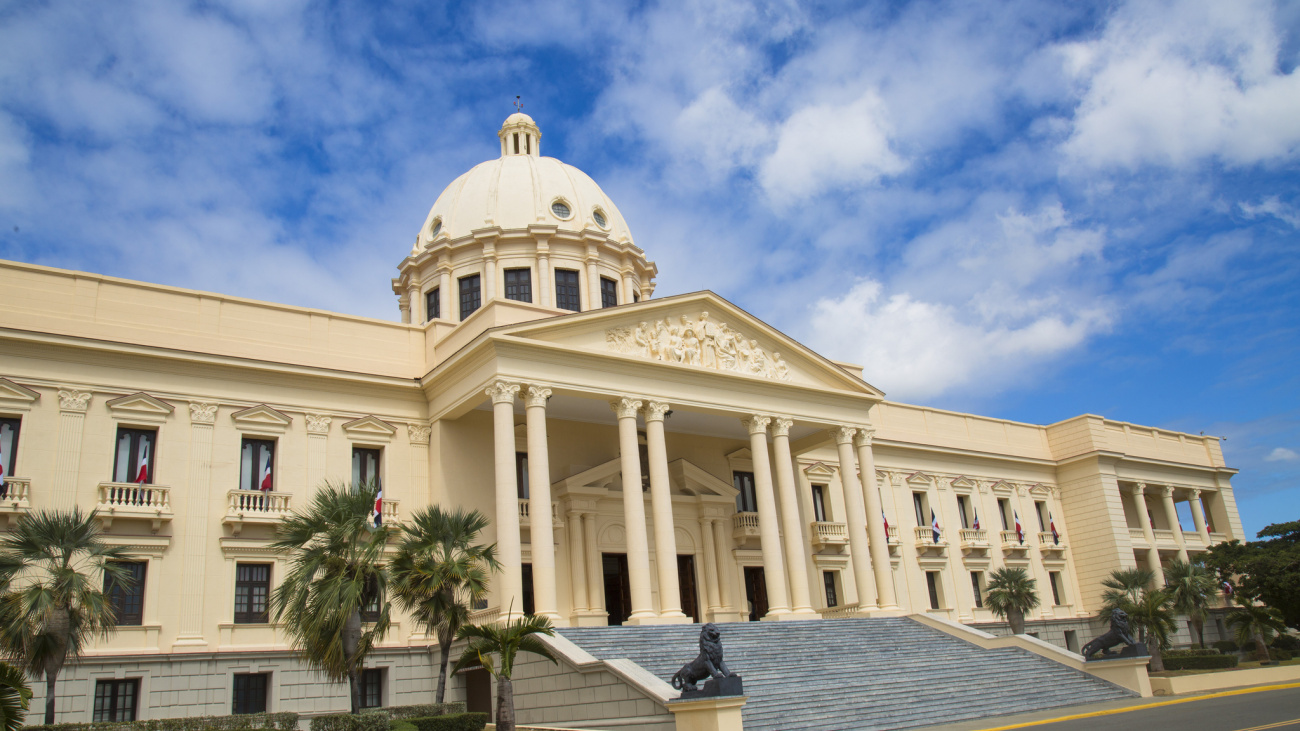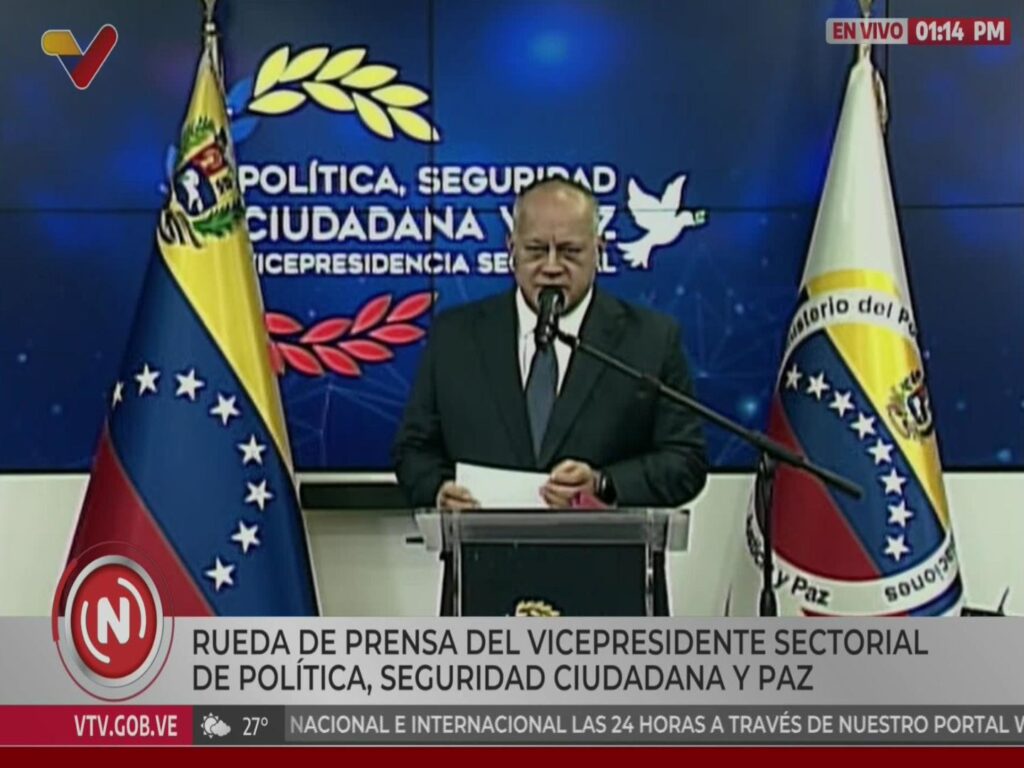Lima, Peru – After decades of failed debates, the Dominican Republic finally has a new Penal Code, enacted by President Luis Abinader on August 3 and set to take effect in 2026. The measure replaces a legal framework in place since 1884, which experts said no longer addressed the challenges of modern criminality.
The approved text criminalizes offenses absent in the previous framework, including femicide, contract killing, cyberbullying, pyramid schemes, and forced disappearances, while toughening penalties to up to 60 years in prison. It also introduces corporate criminal liability and new protection measures for victims of gender-based and domestic violence.
But what some consider a historic achievement, others view as a missed opportunity. Amnesty International rejected the new code, arguing that it upholds the country’s total abortion ban even in cases of rape, incest, life-threatening risks to the mother, or fatal fetal malformations.
“It consolidates a legacy of institutional violence and gender injustice,” said Astrid Valencia, Amnesty International’s Research Director for the Americas.
Damaris Patrocinio, president of the Forum of Women in Defense of Life and Family (FOMUDEVI), told Latin America Reports that this approval was the result of a generational battle.
“They say every era has its battles, and every battle has its warriors. FOMUDEVI would not have been a key player in this stage of approving a constitutional Penal Code if the great warriors who preceded us more than 25 years ago had not laid the foundation for the defense of life,” she said.
According to her, FOMUDEVI directly advised legislators during the bicameral phase, and defended maintaining constitutional protection for life.
In her view, the Code not only modernizes the fight against crime but also safeguards principles she considers fundamental: “The family remains untouchable, since the Constitution establishes that marriage is between a man and a woman. And as for abortion, all that was done was to clarify in the text what was already in medical protocols on the state of necessity,” she explained.
Beyond the points of friction, the reform seeks to update judicial tools against phenomena such as organized crime and administrative corruption, extending statutes of limitations and sanctions.
For Patrocinio, this is a text that “managed to combine modern crimes such as contract killing or cyberbullying with respect for the current constitutional framework.”
Amnesty, on the other hand, warns that omissions such as the lack of sanctions against discrimination based on sexual orientation and gender identity, or limited recognition of sexual violence within couples, reflect a “patriarchal and sexist” vision of justice.
The Code will take effect in August 2026, following a transition period that, according to Patrocinio, will serve to refine technical details: “We have many opportunities to improve what has already been approved, not to add anything new, but to adjust wording and calibrate penalties.”
The divide between those who celebrate the code as progress and those who denounce its setbacks shows that the reform, far from closing a chapter, opens a new debate on the future of rights and justice in the Dominican Republic.











